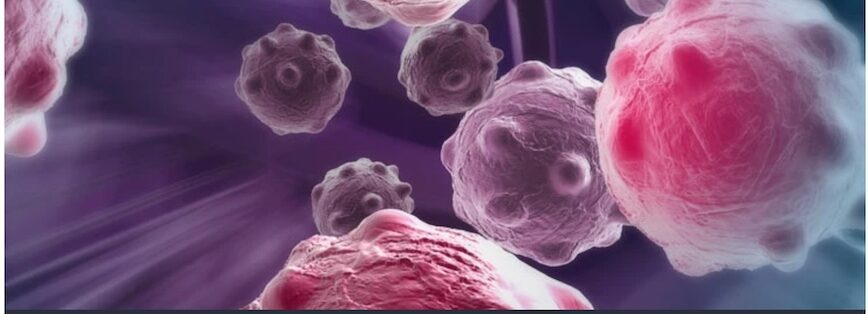
While most cases of DCIS stay harmless, some can eventually turn into invasive cancer, which is harder to treat. Right now, it’s difficult for doctors to predict which DCIS cases are likely to progress, often leading to overtreatment with surgery or radiation for many women. A new study published in Cell Death Discovery aimed to find a better way to predict which DCIS cases might turn aggressive and threaten a patient’s health.
In the study, researchers looked very closely at thousands of individual breast cancer cells from patients at different stages of disease. They identified nine important genes that behave differently in invasive versus non-invasive cells. Using these genes, they created a new tool called the Breast Cancer Invasion Score (BCIS), which can help predict how likely a tumor is to become aggressive. They found that patients with higher BCIS scores had worse survival rates.
The study also showed that tumors with high BCIS scores had more activity in a pathway called PI3K/AKT/mTOR, which is known to help cancer cells grow and spread. Two specific genes, PGK1 and PCMT1, were found to be important drivers of this behavior. When the researchers blocked these genes in lab-grown breast cancer cells, the cells stopped growing as quickly, suggesting new possible drug targets for treatment.
Overall, this research offers a promising way to better predict which cases of DCIS are likely to become invasive and need aggressive treatment, and which are not. In the future, tests based on the BCIS could help doctors personalize care, sparing some women from unnecessary treatments while giving others earlier and stronger intervention. It also opens the door for new therapies that could prevent DCIS from becoming invasive cancer.
Subscribe below for the latest DCIS news and updates.